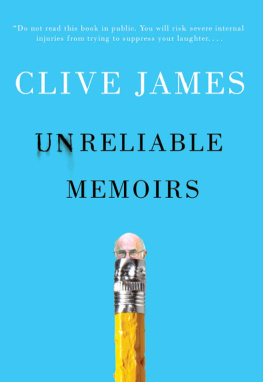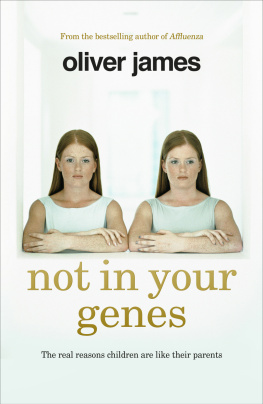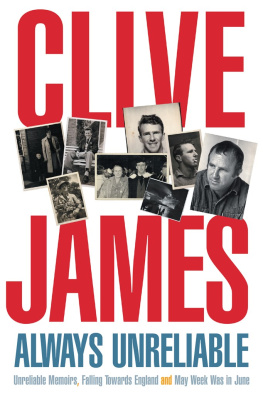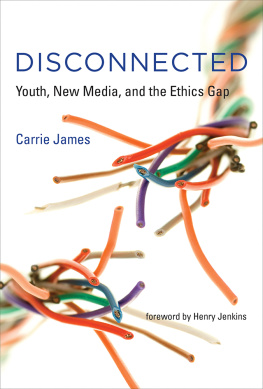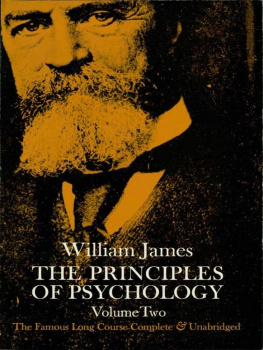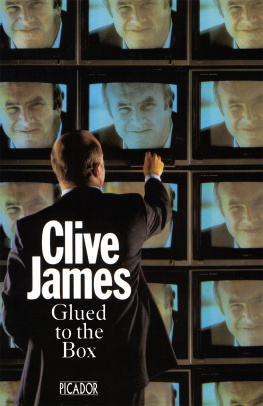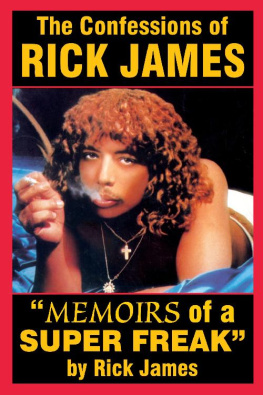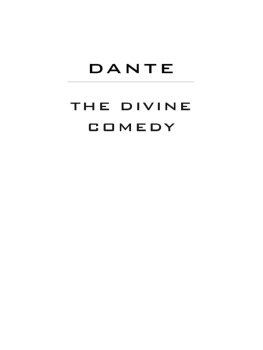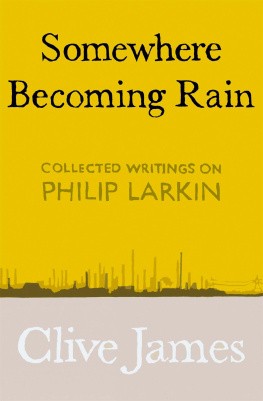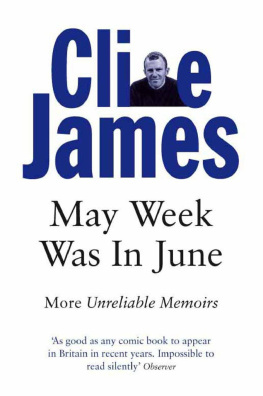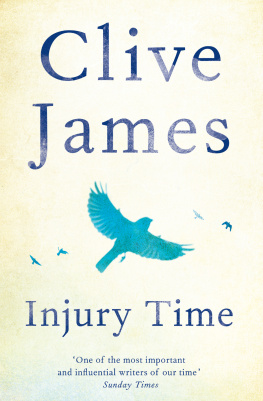UNRELIABLE MEMOIRS
Clive James

W. W. NORTON & COMPANY
new york london
Copyright 2009, 1980 by Clive James
All rights reserved
For information about permission to reproduce selections from this book, write to Permissions, W. W. Norton & Company, Inc.,
500 Fifth Avenue, New York, NY 10110
Library of Congress Cataloging-in-Publication Data
James, Clive, 1939
Unreliable memoirs / Clive James.
p. cm.
Originally published: London: Cape, 1980.
ISBN: 978-0-393-07286-0
1. James, Clive, 19392. Authors, Australian20th centuryBiography. I. Title.
PR9619.3.J27Z47 2009
828dc22
[B]
2009004319
W. W. Norton & Company, Inc.
500 Fifth Avenue, New York, N.Y. 10110
www.wwnorton.com
W. W. Norton & Company Ltd.
Castle House, 75/76 Wells Street, London W1T 3QT
to
Rhoisin and Bruce Beresford
and the getting of wisdom
Andromache led the lamentation of the women, while she held in her hands the head of Hector, her great warrior:
Husband, you are gone so young from life, and leave me in your home a widow. Our child is still but a little fellow, child of ill-fated parents, you and me. How can he grow up to manhood? Before that, this city shall be overthrown. For you are gone, you who kept watch over it, and kept safe its wives and their little ones
And you have left woe unutterable and mourning to your parents, Hector; but in my heart above all others bitter anguish shall abide. Your hands were not stretched out to me as you lay dying. You spoke to me no living word that I might have pondered as my tears fell night and day.
Iliad , xxiv, translated by S. E. Winbolt, from The Iliad Pocket Book , Constable 1911
CONTENTS
Like America, Only Different:
Preface to the American Edition
LIKE AMERICA, ONLY DIFFERENT: PREFACE TO THE AMERICAN EDITION
MODESTY, NOT CONCEIT , demands that I proclaim the success of this book in Britain and Australia when it was first published in 1979. Modesty, not conceit, demands that I also proclaim the books continued popularity in both countries ever since. The modesty comes in with the consideration that the book got almost nowhere in America: not at first publication, and not afterwards, in the thirty years separating then from now. There are small, cultish groups who know about Unreliable Memoirs apparently there is a coven at Slate magazine who use lines from it as call signs, like members of the French Resistanceand the occasional individual, such as Liesl Schillinger at the New York Times Book Review , has gone into print to confess fandom. But public advocates remain few, and earlier on there was almost nobody.
When the book first came out in the United States, my friend Dick Cavett liked it, and invited me on his show to discuss it, but he rather depressed me by saying, before we went on the air, that the book had no chance in the United States. Nobody here knows where Australia is. My American publishers are convinced that things might be different now, but I wonder if they are right. I couldnt help noticing that Donald Rumsfeld, when giving his Dadaist press briefings during the early stages of the Iraq campaign, rarely seemed to remember that the Australians had sent troops to the battle. He remembered the Poles, but there were people of Polish descent in the United States, and they had a vote. Even President George W. Bush could remember the Poles. The Australians, however, were still nowhere.
ANOTHER INITIAL PROBLEM, from the American angle, might have been that the book harked back to a lost paradise. Growing up in a Sydney suburb after World War II, my generation of children could play in the street with reasonable safety and were even allowed out at night unescorted. By the time I wrote the book, both the British and the Australians were nostalgic for such a vanished idyll. But for most Americans the idyll had not yet vanished: the small-town paradise of Booth Tarkington was cherished as a reality, and there were still parts of New York where you could play stickball until dusk. So why the fuss about the lost innocence of youth? There was also the consideration that some of the innocence I depicted was pretty foul. In Portnoys Complaint , masturbation in the adolescent male had been a provocative topic, but in my book it was taken for granted as a harmless competitive event. I thus conveyed a moral insouciance which Americans might have found shocking, had they read that far. Some of the reviewers did read that far, and found me incurably frivolous.
But now, in the new millennium, a new dispensation has arrived, even for America. A childhood without electronic toys is long enough gone to be longed for, and not even the stalwarts of the Christian Right would nowadays believe that a childs imagination could be squeaky cleanin fact, especially not them. In those terms, I should hasten to add, it still seems to me that the young hero of the book is not a sociopath, a natural delinquent or an incipient libertine. He is just young. When I first set pen to paper, I could remember him. Even today, I still can. In my own case, the extent to which the child was father to the man continues to astonish me, and I suspect the same is true for any other man, and for women too. In that regard, I believe I wrote a true book. It is full of exaggerations; there is a lot of editing for effect; but the emotions are exact.
Only recently equipped with my first pair of long trousers, at the movies I died of love for Audrey Dalton in the 1953 version of Titanic . Ever since, that primal vision of beauty has governed all my affections, and I have harboured a murderous envy of Robert Wagner. And even Audrey Dalton was only a pale echo of a young creature I had previously seen at our vacation hotel when my trousers were still very short indeed: ambushing her in the corridor was the first brave moment of my life, and typically I got it all wrong. Its the same with every other revelation of inadequacy in the book. Trial and error was the only way I ever found out anything, and almost always there was an error. I should never have called in the other boys to take turns diving off the cupboard onto my bed while my mother was out. When the bed broke, I should never have tried to rig it so that it looked as if it were still intact: it was a Watergate moment, in which the cover-up compounded the crime. I should never have built the giant go-kart that destroyed the garden of the areas most powerful woman.
On the other hand, if I had not dared to do these things I might never, later on, have dared to do anything. And always there were the reassuring surroundings of suburban life, an atmosphere that breathed solace even for tragedy. My father had never come home, but home was a solid reality: a loving mother, a benevolent climate, and a brick bungalow in a quarter of an acre of land. Along with hundreds of British magazines like the Illustrated London News , our hall cupboard was stacked with the Saturday Evening Post, Life, Colliers, Look and Readers Digest . In Readers Digest there was a regular feature called Towards More Picturesque Speech. I suppose I was influenced, just as I was influenced by the penny loafers that Gene Kelly wore in An American in Paris . Though there was nowhere in Sydney where you could buy a pair of shoes like that, I knew that I was born to wear them.

